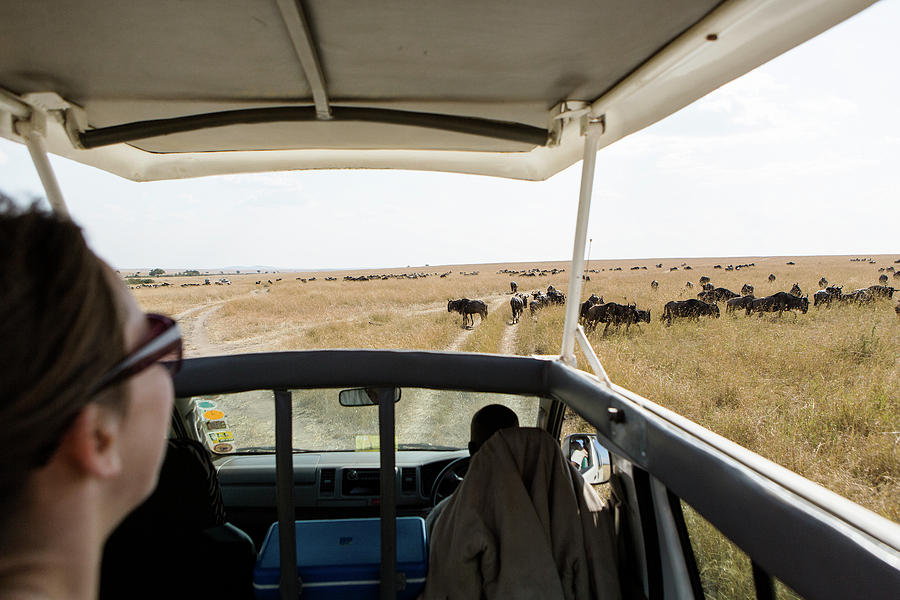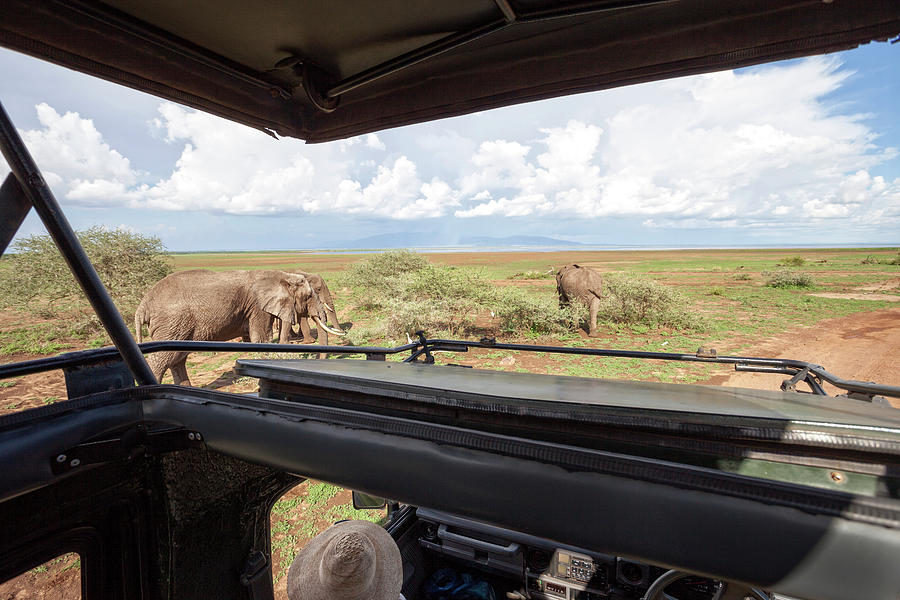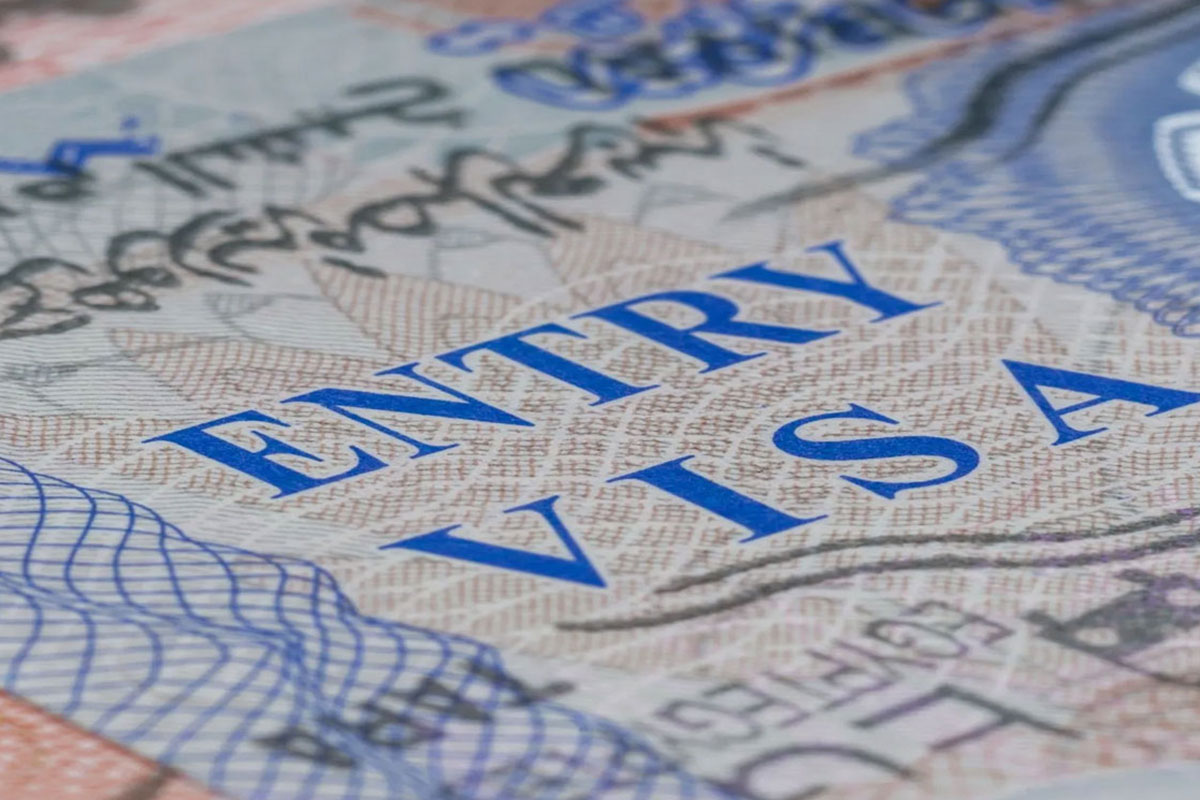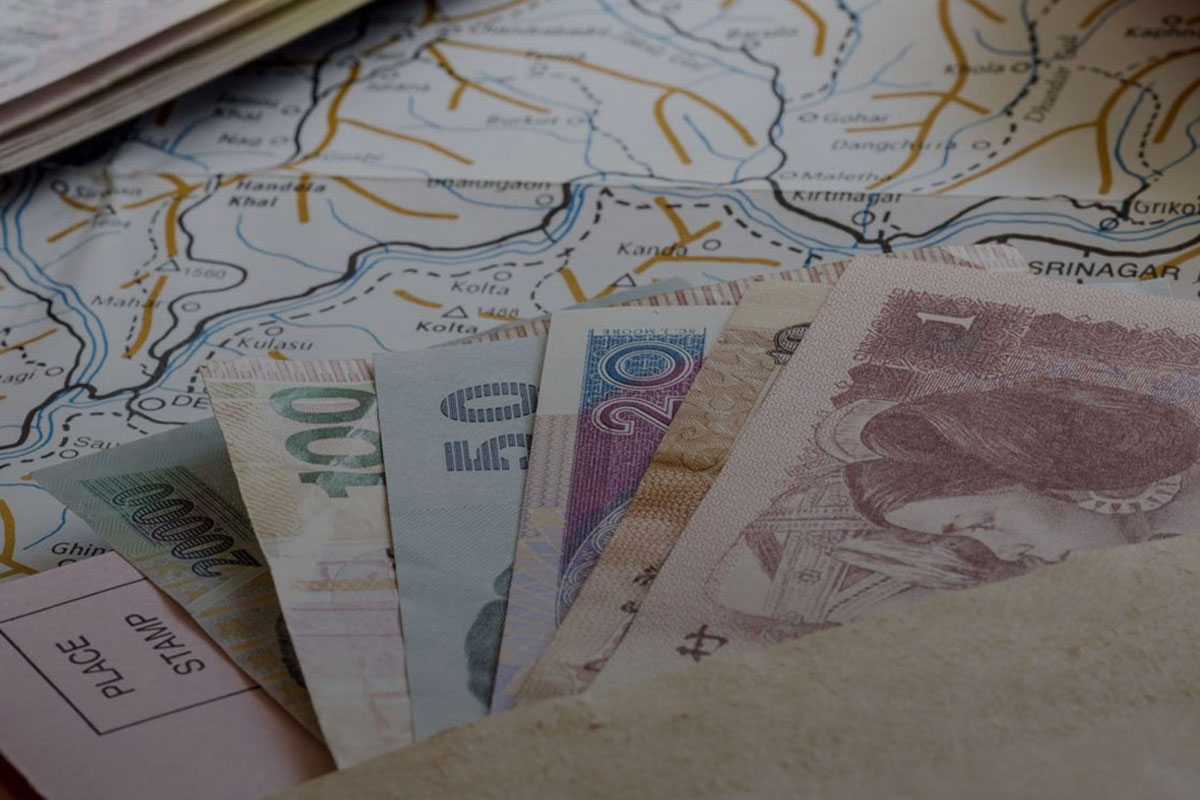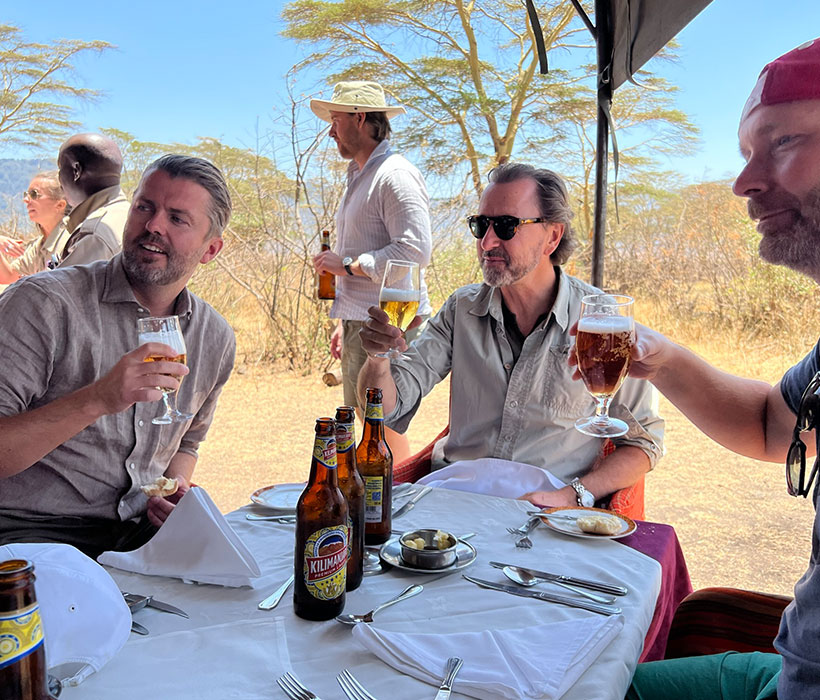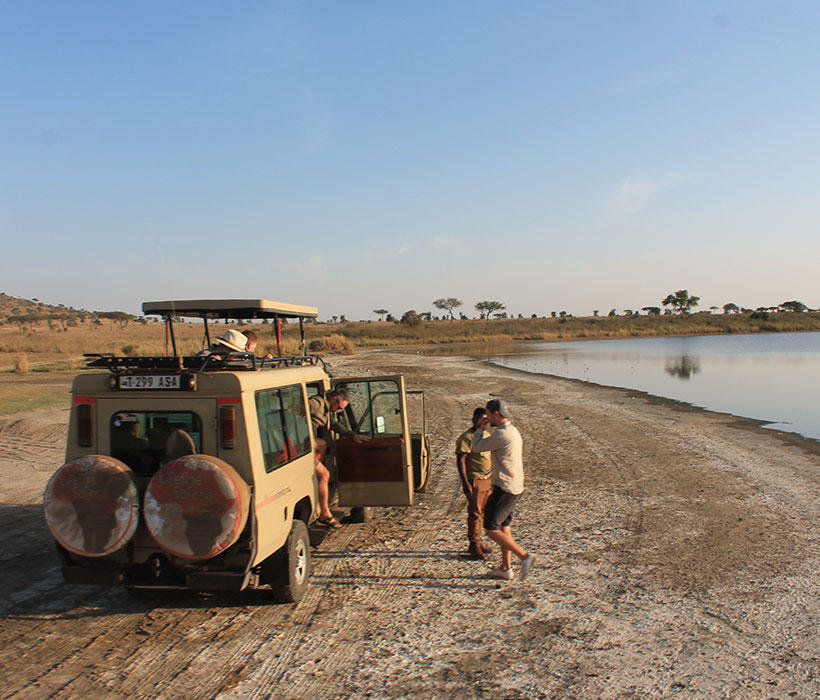VISA REQUIREMENTS
All visitors to Rwanda are required to have a valid passport and a visa. Tourist visas can be obtained online or on arrival at the airport. It's important to note that visa requirements may vary depending on your country of origin, so it's best to check with the Rwandan embassy or consulate in your country before traveling.
HEALTH AND SAFETY
Rwanda is a safe country for tourists, but it's still important to take some basic precautions. Like in any foreign country, it's best to avoid displaying your valuables, keep your passport and other important documents safe, and avoid walking alone at night.
In terms of health, it's important to get up-to-date on your vaccinations before traveling to Rwanda. This includes vaccinations for yellow fever, hepatitis A and B, typhoid, and meningitis. Malaria is prevalent in Rwanda, so it's important to take antimalarial medication and use mosquito repellent.
CLIMATE
Rwanda's climate is generally warm and humid, with two rainy seasons and two dry seasons. The dry seasons run from June to September and December to February, while the rainy seasons are from March to May and October to November. It's best to plan your trip around the dry seasons if possible, as the roads can become impassable during the rainy seasons.
LANGUAGE AND CULTURE
The official languages of Rwanda are Kinyarwanda, French, and English. While English is widely spoken in major cities and tourist areas, it's always helpful to learn a few basic phrases in Kinyarwanda, such as "Muraho" (hello) and "Amakuru" (how are you?). Rwanda has a rich cultural heritage, with traditional dance, music, and handicrafts that are worth exploring. It's important to respect local customs and traditions, such as covering your shoulders and knees when visiting religious sites.

